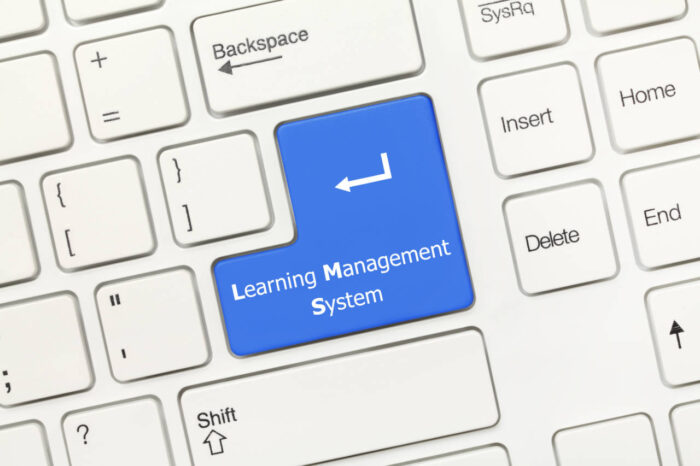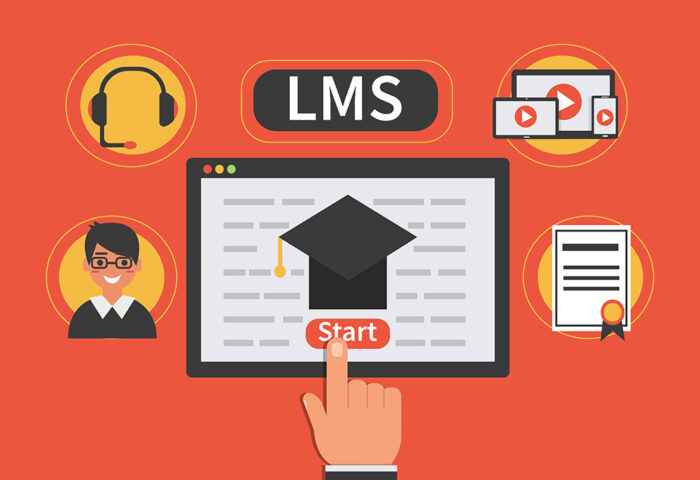
Learning Management Systems (LMS) have become integral tools in the world of education and corporate training, revolutionizing the way courses are delivered and managed. While LMS platforms offer numerous benefits, they also come with certain drawbacks. In this article, we will explore the pros and cons of Learning Management Systems, shedding light on their advantages and limitations.
Pros of Learning Management Systems

1. Enhanced Accessibility
LMS platforms provide learners with the flexibility to access educational resources and participate in courses from anywhere and at any time. This accessibility is especially beneficial for remote learners, allowing them to engage in learning activities without geographical limitations.
2. Streamlined Course Management
An LMS simplifies the process of organizing and delivering courses. It centralizes all course materials, assessments, and communication tools, making it easier for instructors to manage and update content. LMS platforms also automate administrative tasks, such as grading and reporting, saving time and effort.
3. Personalized Learning Experience
LMS platforms offer adaptive learning features, enabling instructors to tailor content and assessments to individual learner needs. Personalized learning paths cater to different learning styles and paces, promoting effective knowledge retention and engagement.
4. Collaboration and Communication
LMS platforms foster collaboration among learners and instructors. Discussion forums, chat features, and virtual classrooms facilitate meaningful interactions, knowledge sharing, and peer learning. This collaborative environment nurtures a sense of community and supports active engagement.
5. Tracking and Analytics
LMS platforms provide comprehensive tracking and analytics tools. Instructors can monitor learners’ progress, track completion rates, and assess performance through data-driven insights. This data helps identify areas of improvement, adapt instructional strategies, and provide targeted support to learners.
Cons of Learning Management Systems

1. Technical Issues and Learning Curve
Implementing and using an LMS may pose technical challenges for both instructors and learners. Technical issues such as system compatibility, slow loading times, or software glitches can disrupt the learning process. Additionally, there may be a learning curve for users who are not familiar with the specific LMS platform.
2. Limited Social Interaction
The online nature of LMS platforms can lead to a lack of face-to-face interaction. Some learners may feel isolated or miss out on the benefits of in-person collaboration and social learning experiences. Efforts must be made to create a sense of community and foster interpersonal connections within the virtual learning environment.
3. Cost and Maintenance
Implementing and maintaining an LMS can be a significant investment. Costs include licensing fees, infrastructure setup, and ongoing maintenance and updates. For smaller educational institutions or organizations with limited budgets, the financial commitment associated with LMS platforms may be a constraint.
4. Customization Constraints
While LMS platforms offer a range of features, customization options may be limited. Instructors may find it challenging to align the platform precisely with their teaching methodologies or unique course requirements. Customization limitations may restrict the ability to create highly tailored learning experiences.
5. Overdependence on Technology
Relying heavily on technology can be a double-edged sword. Technical issues, system downtime, or internet connectivity problems can disrupt the learning process. Learners and instructors may also face challenges in adapting to new technologies or relying solely on digital resources for learning.

Conclusion
Learning Management Systems (LMS) offer numerous advantages, such as enhanced accessibility, streamlined course management, personalized learning experiences, collaboration, and comprehensive tracking and analytics. However, they also come with limitations, including technical issues, limited social interaction, cost considerations, customization constraints, and potential overdependence on technology. It is crucial to carefully weigh these pros and cons to determine the suitability of an LMS for specific educational or training needs. By understanding both the benefits and drawbacks, educators and organizations can make informed decisionsabout implementing and utilizing LMS platforms effectively.
If you are looking for best LMS provider, feel free to click on the link.








